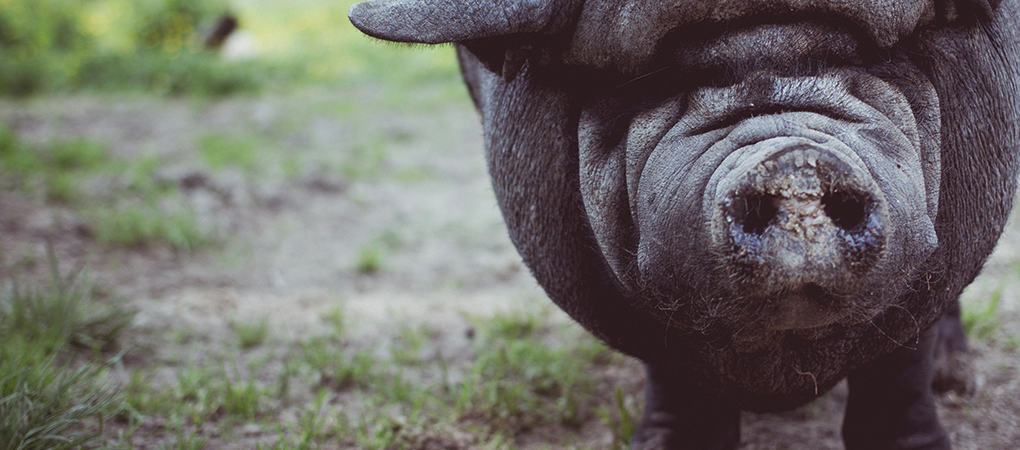
What “Man Gave Names to All the Animals” REALLY Means
“So the man named all the animals, the birds of the air, and the living creatures of the field.” Genesis 2:20
In the fog of our over-Googled, ‘Hey Siri,’ information-obsessed minds I believe we may be looking upon the story of Adam-naming-the-animals with dull eyes. When we hear the story we imagine Adam mechanically identify the genus and species of each animal. “This one shall be rabbit,” he says, and marks the appropriate spot on his clipboard—as if, in God’s eternal garden, categorization is so very important.
It’s not.
God cares about relationship, not categorical organization. Community warms God’s heart, not genus-trees. In the Bible, naming was a sacred act. It meant something. When Jacob wrestled God (and won!), God renamed him Israel (meaning, roughly, “wrestles with God”). The name captured something unique about this unique individual.
So maybe—and I mean maybe—when Adam was naming the animals, he wasn’t establishing a taxonomical structure. Maybe he was connecting with friends. He wasn’t saying “you shall be called and ‘Ectotherm Testudine,’ (‘turtle’)” he was saying, “I’ll call you Norbert.” He wasn’t saying “this is a duck,” he was saying, “hey Maude!”
This makes so much more sense of a God who: loves each animal: cares about each sparrow (Matthew 10:29): saved a city from destruction because of some cows (Jonah 4:11): identifies as a lion (Revelation 5:5): identifies as a lamb (John 1:29): identifies as a mother hen (Matthew 23:37).
Animals are important. Each one.
To the people of our world, though, animals are not so important. Oh, sure, dogs are. And maybe cats. And we all love pictures of cute baby animals. But we also live in a perverted place where our own adaptation diminishes and humiliates animals. Look how dependent we are on cars, which slaughter countless animals every day. Just look at the carnage on the sides of our freeways. Drive through Wisconsin in the fall, if you dare, and you will find an apocalyptic scene of decimated deer carcasses all over the asphalt and down into the ditches.
We become desensitized. We shrug our shoulders and move on.
One little thing my wife and I do to push back against apathy: we name each roadkill we see. We’ll be driving along and one of us will break the silence with a “Karen,” or a “Walter,” or a “Quincy.” Then we’ll take a brief moment, an impromptu ceremony, to appreciate each one. I understand if this ritual strikes you as somewhat silly. I get it. And no, it does nothing to help the victims. But it does guard our hearts (Proverbs 4:23). It keeps us in an appreciative spirit, keeps us oriented to the actual value of things in a world that so ruthlessly disregards the precious and exults the meaningless. We’re dependent on cars. But we don’t have to let this fact harden our hearts.
Naming the animals is simply one tactic to help, one little way to push back against the deluge of messages that pressure us to think “they’re just animals,” and dupe us into lifestyles that are horrendously violent (even if that violence is conveniently hidden from our dumbed-down eyes, as in factory farming). The point is, we can make choices to maintain a sensitive heart. At the very least, we can, like Adam, name the animals.
Dan Kent